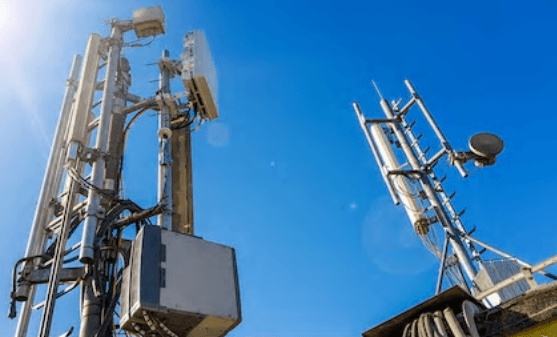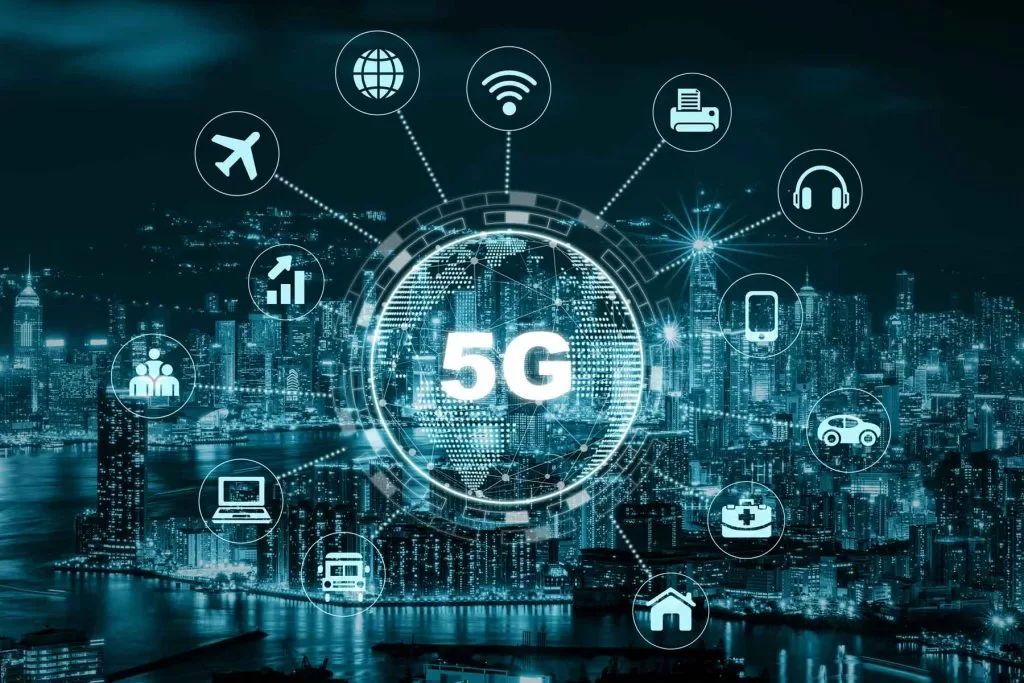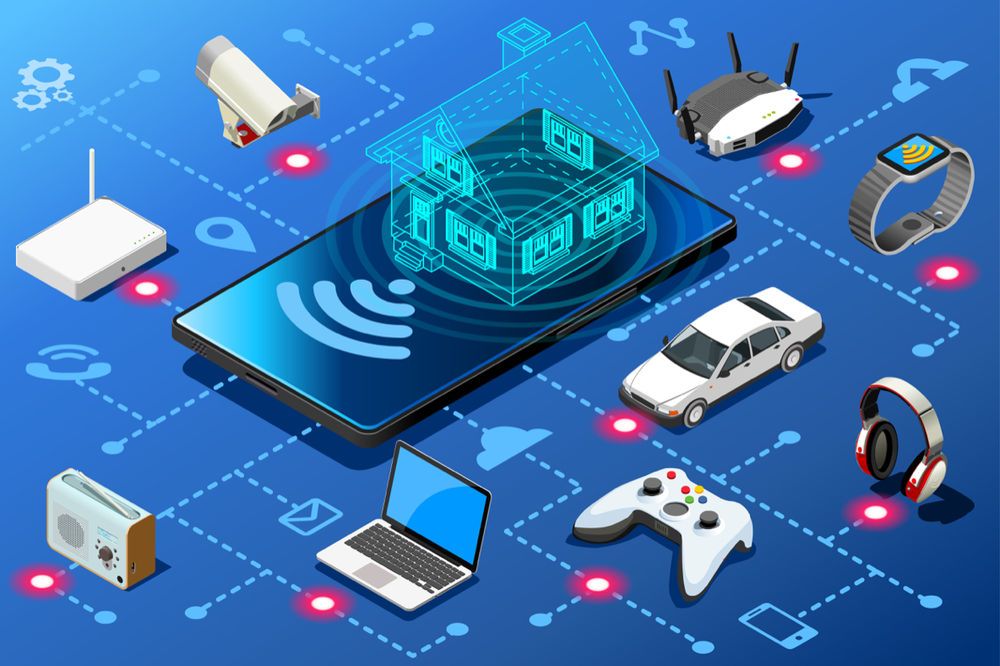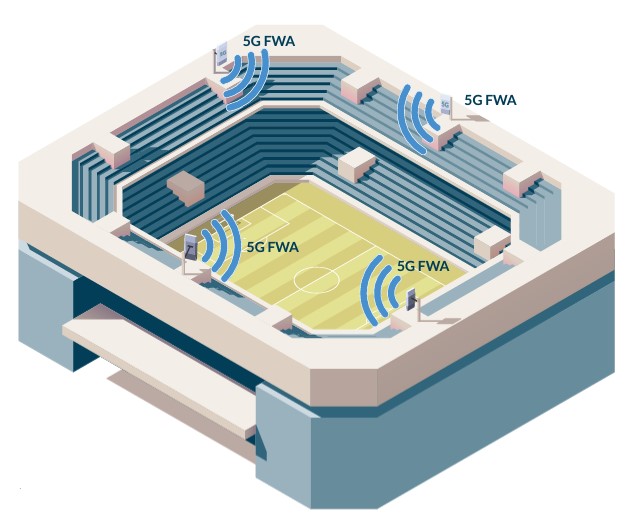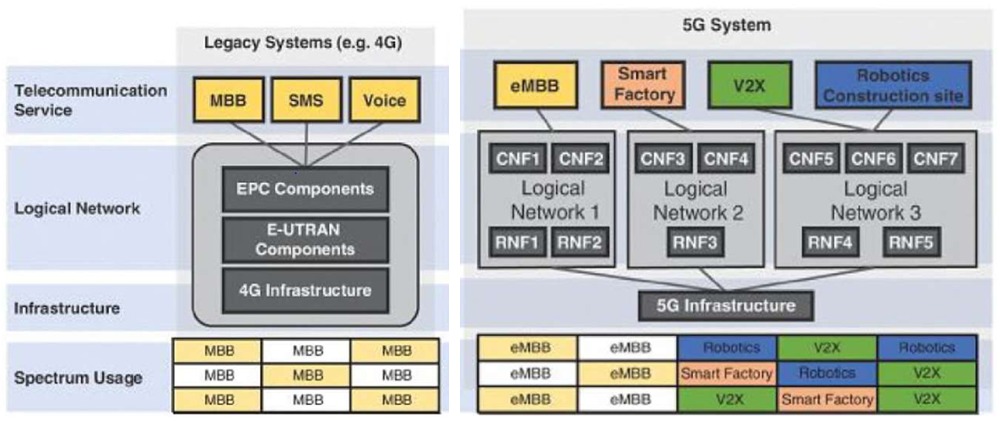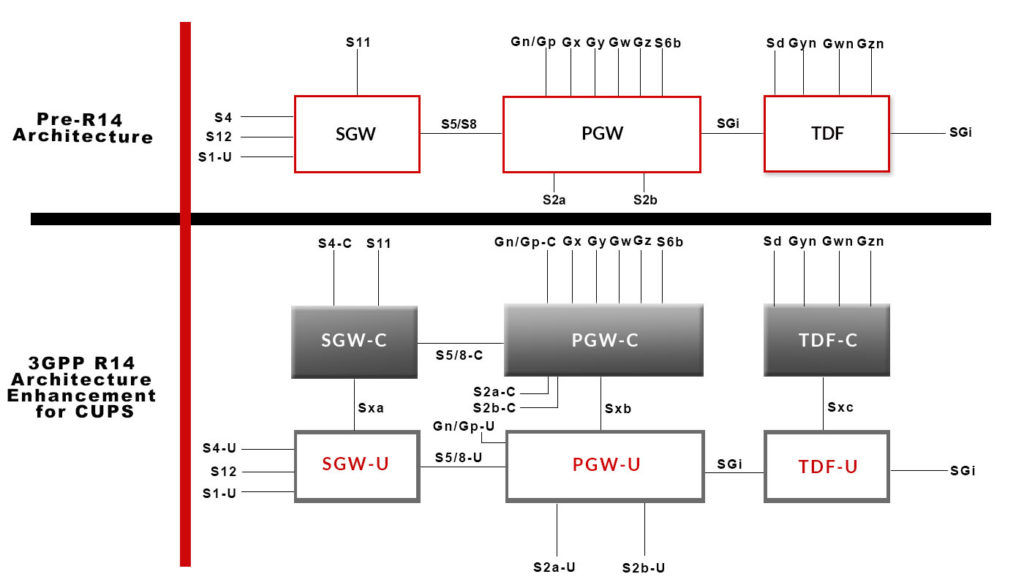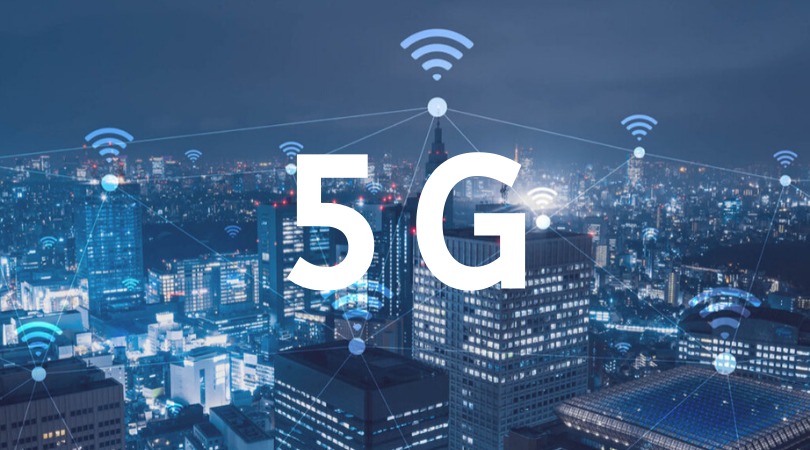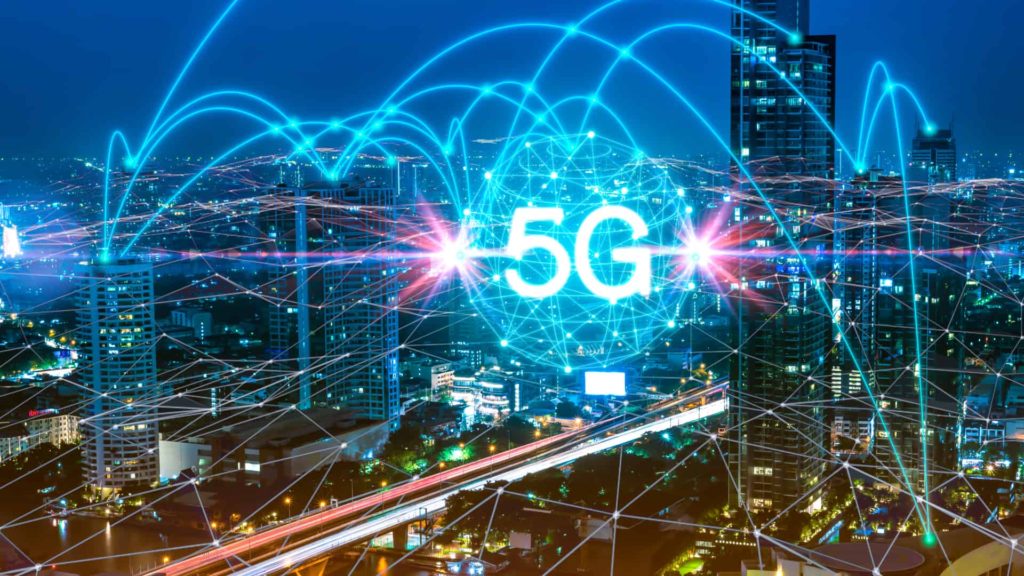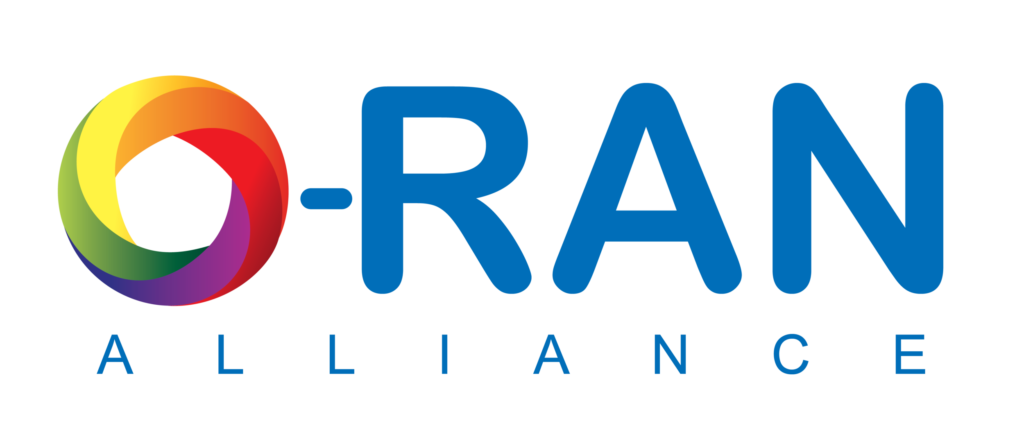With 5G on the verge of initial roll-out, Telecom Operators are now planning their pricing policies regarding the new 5G services. Whether it is unlimited data offer with an add-on fixed price or charging dynamically per data usage, Telecom Operators will have to consider the new 5G interchanging environment, with new OTT (over-the-top) services and new players entering the telecom scene.
With the introduction of Virtual Mobile Network Operators (VMNOs), an operator may lease the required infrastructure by incumbent operators and offer services to subscribers even though not having developed its own physical infrastructure.
Furthermore, there are some VMNOs, also known as “maverick” operators, that may use aggressive pricing policies to the point of heavily disrupting the market and pose a new threat on the horizon for the existing telecom scene.
The European example
This is for example what happened in Italy, where Iliad, the subsidiary of the French telecom company announced last May a special offer for unlimited talk, text and 30GBytes data for only €5,99 per month! At the time, that was twice and three times cheaper than all packages that Wind, Vodafone, and TIM, the three incumbent mobile operators in Italy, had to offer.
As a result, Iliad broke every record and managed to gain more than 1 million subscribers, in less than two months. This was achieved despite the predictions of international analysts like Standard & Poors who claimed that it would take at least a year for Iliad to reach these numbers.
This similarly aggressive plan was implemented by Xavier Niel, the company’s founder and CEO in France back in 2012, when Free Mobile, Iliad’s subsidiary in France, entered the French market. Free mobile currently has around 15 million subscribers in the country.
In the meantime, in 2014, Iliad had also announced a bid for the acquisition of 56% of US carrier T-Mobile, for US$16 billion, a takeover that was never finalized, since the proposal was dropped later that year.
Telecom scene competition
Up to the last previous years, competition in the telecom market was on more solid ground. However, with the increase of alternative operators and service providers, things have changed dramatically. OTT services seem to gain significant market share. Several years ago, the only way to have voice calls was via telephone operators. Now, it is possible to have voice and video calls via alternative services, such as Skype and Viber. IPTV has evolved to a point where new players with advanced platforms and media services are entering the scene, from Netflix to Hulu, and the newly announced AppleTV+.
As the telecom business will evolve around 5G, the competition will become even more intense. For incumbent operators to survive, they need to adapt and become more flexible, customer-centric and support a digitalized environment to offer new integrated services.
Interchanging environment
Mobile Operators are currently in shifting sands, in a continuously interchanging environment. Technology evolves exponentially, and the changes it brings are revolutionary in all sectors. No one can tell with confidence where and how we will be in 5 years. The boundaries between industries and markets will become increasingly indistinguishable. The economy will rely more on platforms than on assets. Especially in the age of the Internet of Things, connectivity will be the key.
Alternative operators with aggressive pricing policies may not be able to sustain manageable profits in the long run. However, their policies can still cause significant disruption in the telecom sector. Their target is not clear, they might be aiming for fast initial revenues and for an important sale deal or a company takeover in the long run. In the meantime, their practices might result in market starvation.
Incumbent telecom operators require the leverage and the profit margin to proceed to the appropriate network upgrades to support advanced connectivity and 5G services.
Where the industry will be in 5 years will depend on the attitude that will be adopted, whether the regulatory and legislative decisions will be made, or whether the appropriate investment will be facilitated. Society should in turn embrace technology. Robots and software could do some of the work, but this will allow us to focus on what humans can do better. Human characteristics such as imagination, intuition, emotion, and morality will be even more critical in the future. And of course, the new digital age creates new areas, and hence new jobs.
Regulatory authorities will need to make sure that there are viable companies that can make the necessary investments in next-generation infrastructure. If not, they will all lose, telecom operators, OTTs, virtual providers, consumers, and society.
After all, as in the Iliad example above, all that it takes for disruption could only be a couple of months.

